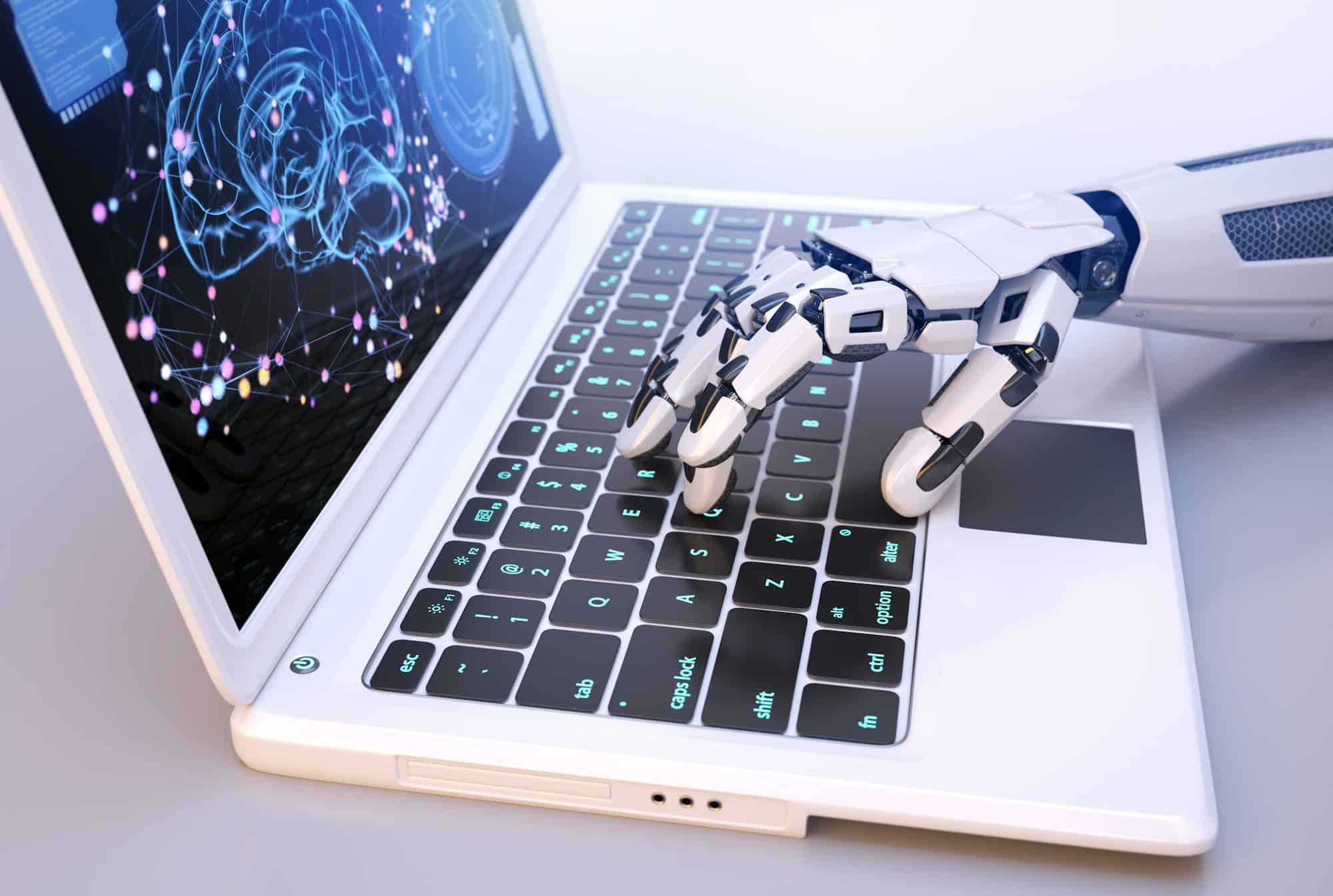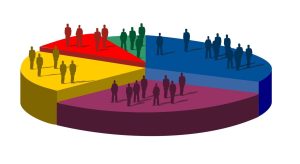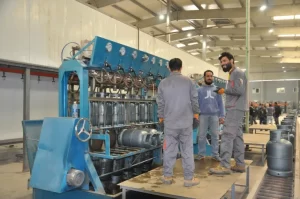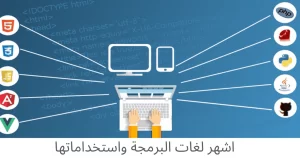Some see this development as a threat to traditional jobs, while others view it as an opportunity to reshape work and production concepts, and stimulate innovation in business environments.
Unprecedented Expansion
In recent years, artificial intelligence has begun to infiltrate fields that were once beyond the reach of machines, such as customer service, journalism, education, translation, design, as well as manufacturing, programming, and financial analysis. Chatbots, intelligent assistants, and analytical algorithms have become part of the operational structure of many organizations.
Jobs Disappearing and New Ones Emerging
Economic reports indicate that artificial intelligence may lead to the disappearance of some routine jobs that rely on repetitive tasks, such as data entry, traditional accounting, and technical support services. In contrast, entirely new jobs have emerged that did not exist a few years ago, such as:
- Machine Learning Engineer
- Data Trainer
- AI Ethics Expert
- Big Data Analyst
Changing Skillsets
Companies today are seeking new skills, such as analytical thinking, flexibility, and the ability to work with technology. This drives educational institutions to update their curricula and integrate artificial intelligence concepts into university programs and training.
The Indispensability of the Human Element
Despite significant progress, human capabilities remain essential in areas such as creativity, ethical decision-making, emotional communication, and management. Artificial intelligence is not a complete replacement but rather a tool that can enhance efficiency when used wisely and guided properly.
Challenges That Require Solutions
The rise of artificial intelligence in the job market poses real challenges, including:
- Technological unemployment in certain sectors
- Skills gap between generations
- Privacy and data security issues
- Ethics of automated employment and decision-making through algorithms
These challenges require cooperation between governments, institutions, and the education sector to prepare individuals for a new world of work based on technology.
4o mini


















